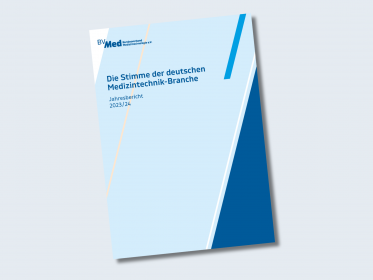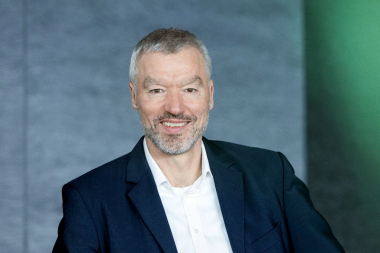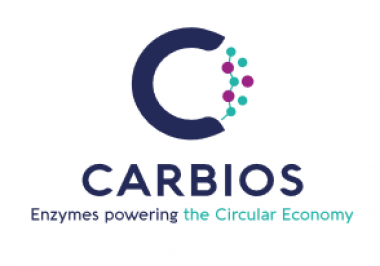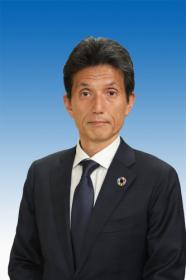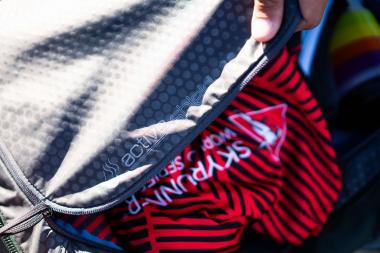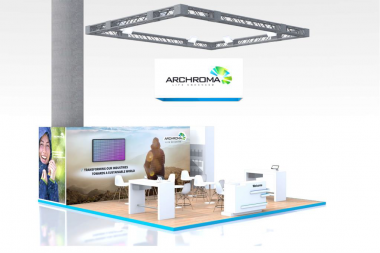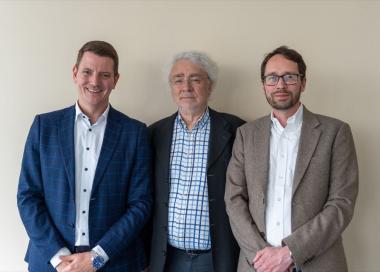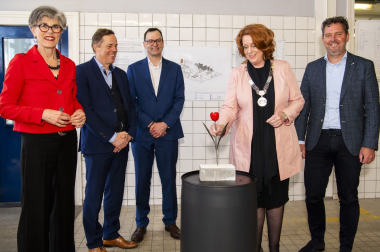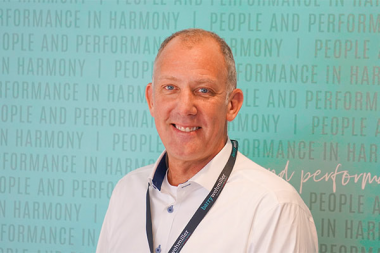adidas: Preliminary results for Q1 2024
adidas announced preliminary results for the first quarter of 2024. In Q1, currency-neutral revenues increased 8% versus the prior year level. In euro terms, the company’s revenues grew 4% to € 5.458 billion (2023: € 5.274 billion). The company’s gross margin improved 6.4 percentage points to 51.2% during the quarter (2023: 44.8%). Operating profit reached € 336 million in Q1 (2023: € 60 million).
As a result of the better-than-expected performance during the quarter, the company has increased its full-year guidance. adidas now expects currency-neutral revenues to increase at a mid- to high-single-digit rate in 2024 (previously: increase at a mid-single-digit rate). The company’s operating profit is now expected to reach a level of around € 700 million (previously: to reach a level of around € 500 million).
The latest Yeezy drop generated revenues of around € 150 million and an operating profit of around € 50 million in the first quarter. In its guidance, the company assumes the sale of the remaining Yeezy inventory during the remainder of the year to occur on average at cost. This would result in additional sales of around € 200 million and no further profit contribution during the remainder of the year.
The company continues to expect unfavorable currency effects to weigh significantly on the company’s profitability this year. These effects are projected to continue to negatively impact both reported revenues and the gross margin development in 2024.
adidas AG







